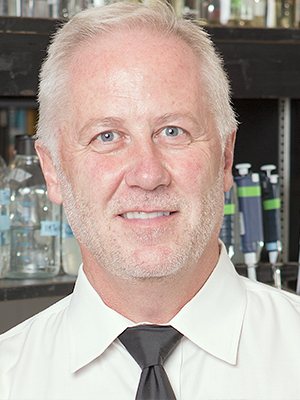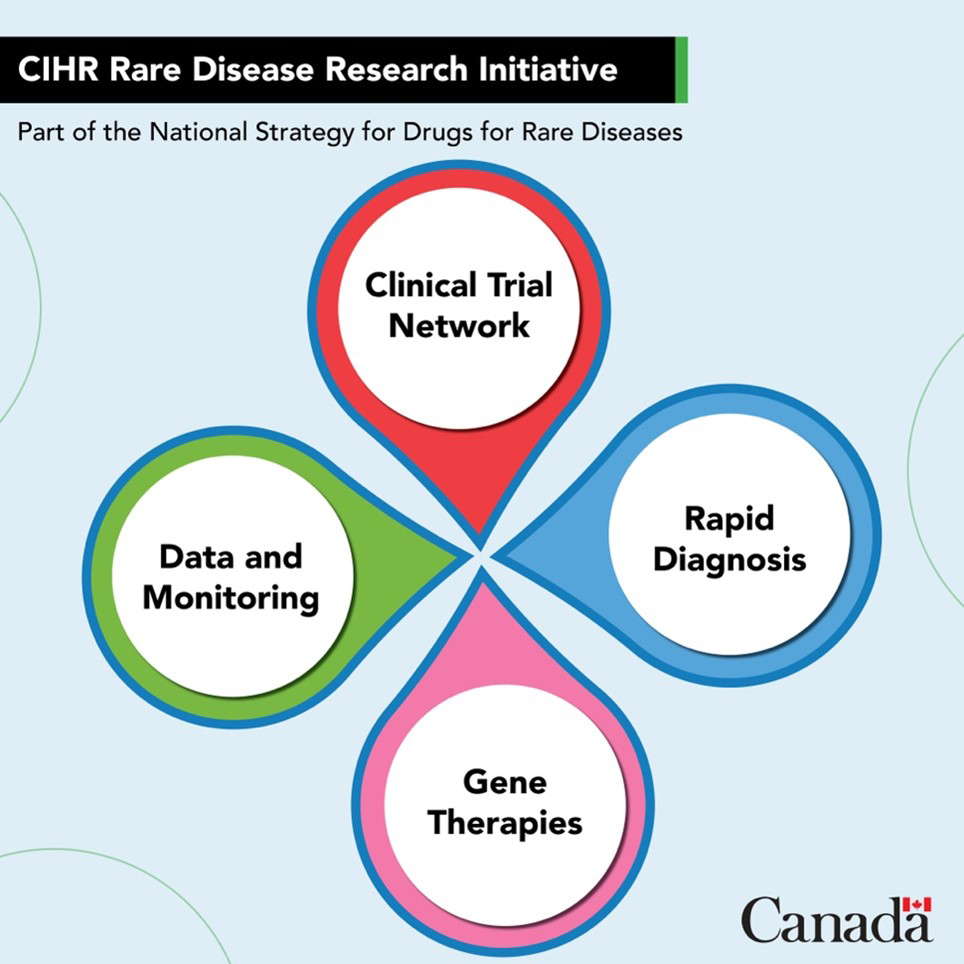A Leap for Rare Diseases: An Extra Day to Raise Awareness and Make a Difference

Dr. Christopher McMaster, Scientific Director, CIHR Institute of Genetics
February 29, 2024 is Rare Disease (RD) day, a globally coordinated initiative to raise awareness and advocate for equity in social opportunities, health care and access to diagnoses and therapies for people living with a rare diseaseFootnote 1.
Although individually rare, more than 7000 RDs have been identified and they collectively have a big impact on our society. Despite their name, RDs are quite common — affecting between 1.5% to 6.2% of individuals worldwide. RDs also impact family members and caregivers. In Canada alone, it is estimated that between 500,000 to over 2 million individuals are living with RDsFootnote 2, contributing to 5–10% of all hospitalization costsFootnote 3 and resulting in the deaths of about 14,000 children per yearFootnote 4.
The CIHR Institute of Genetics (IG) recently launched a Patient Partner Committee to bring greater diversity to our work and to ensure that we better serve patients and caregivers. We are honoured that members of this Committee are sharing their lived expertise with us. In addition to the two patients on our Institute Advisory Board, these 10 people from across Canada are committed to helping IG advance patient partnership in genetics research.
Collaborative Efforts Towards Improved RD Research and Care

Long description
We are supporting health research in collaboration with patients, researchers, decision-makers, and national and international partners. One of IG's aims is to improve the diagnosis and care for people living with RDs and their families. Following a long history of investments in RD research, this year CIHR launched its Rare Disease Research Initiative as part of the National Strategy for Drugs for Rare Diseases. The figure below summarizes the four research areas we are supporting through this initiative.
Taken together, these efforts will help improve diagnosis and care pathways, ensure more equitable access to treatment, streamline clinical trials and monitoring, and accelerate the development of therapies. IG is especially thankful to all the patient partners who helped shape these initiatives, ensuring that the most relevant projects were funded, and will continue to contribute to the development of these research projects. We believe that research done in partnership with patients contributes to improving the lives of people affected by rare diseases.
- Date modified: